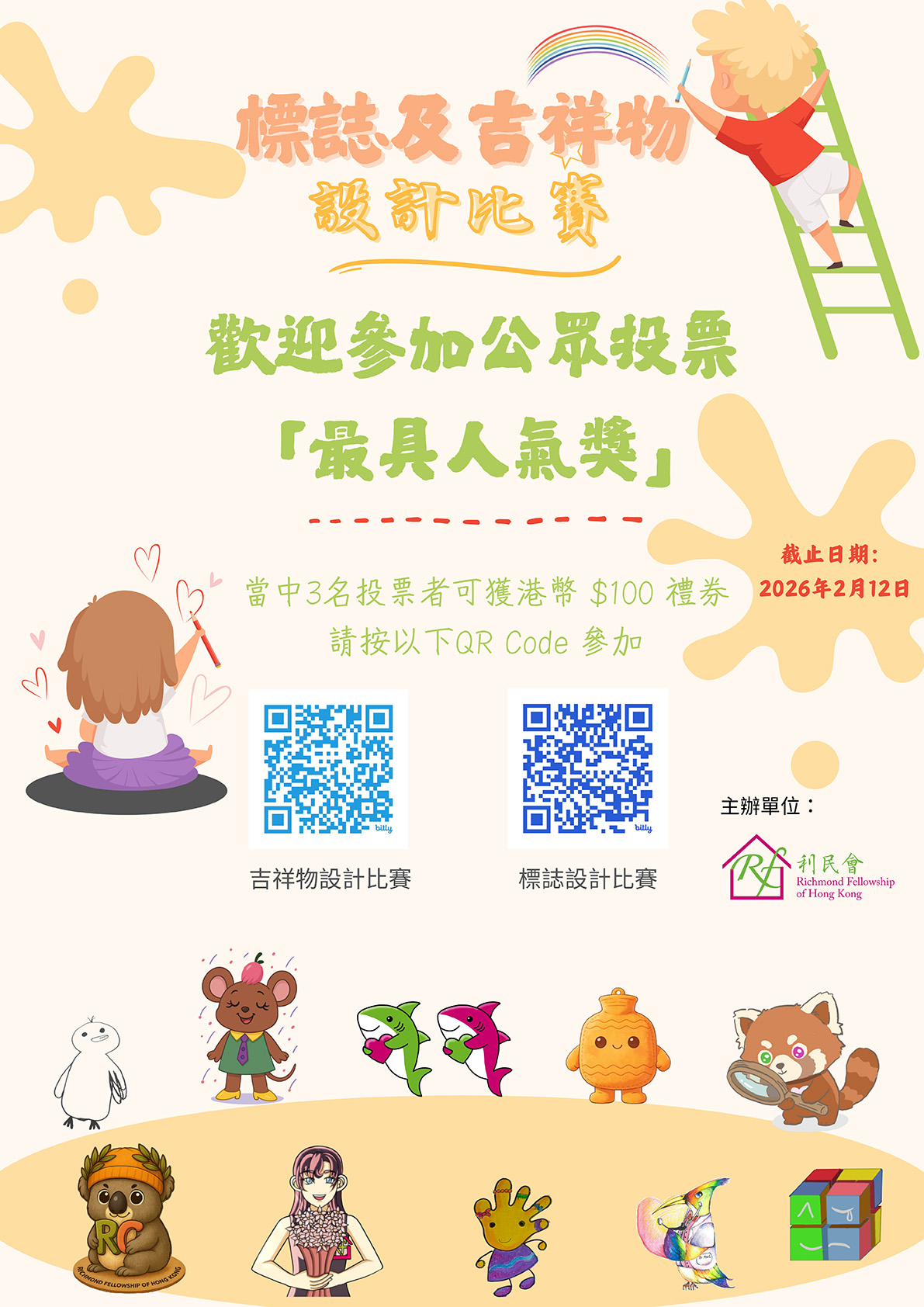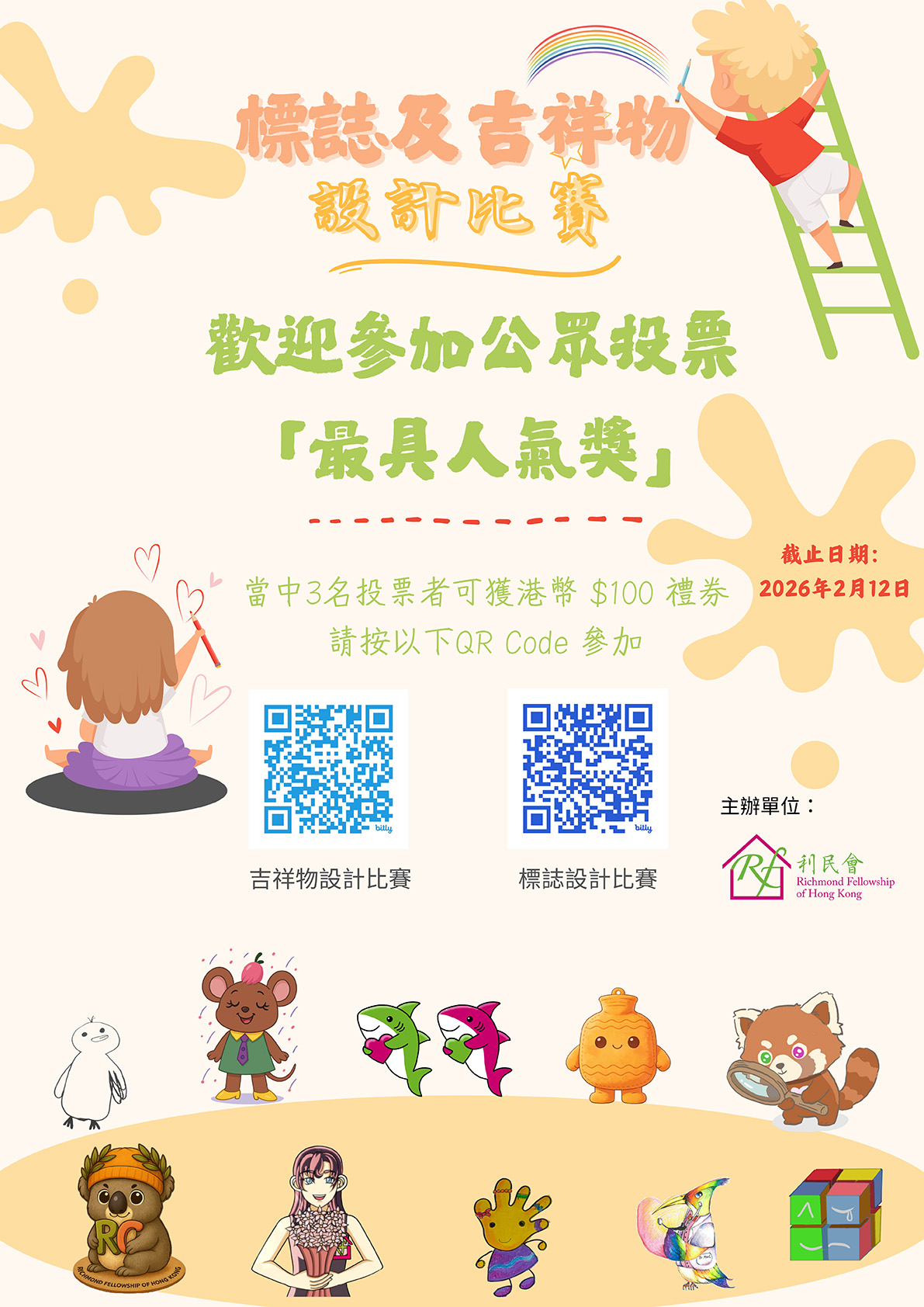使用以復元為導向的服務自我評估工具 (ROSSAT) 進行服務評估
背景及簡介
復元導向服務自我評估工具(ROSSAT)是一種自我報告的評估工具,用於審視機構提供的復元導向服務。ROSSAT包含兩個工具:組織工具(T4O)[1]和員工工具(T4W)[2]。利民會利用T4O和T4W來審視和反思在機構層面及服務提供層面所實踐的復元導向服務。
研究時間:
2020年2月-2020年6月
目標人群:
利民會員工
目的
- 管理層反思在機構層面提供的復元導向服務,並使用T4O來識別需要進一步發展或調整的部分。
- 員工反思對復元導向服務的信念和實踐,並使用T4W來自我評估自身的表現及教育和培訓的需要。
方法
管理層和非管理層員工分別完成T4O和T4W。T4O從五方面評估了機構的表現,包括機構體制、領導力、復元導向服務提供、教育和培訓、以及評估。T4W則探討就服務提供方面的價值觀、原則和理念的認知、復元導向服務提供、責任和角色,以及教育和培訓需要等。
結果
- 17名高級管理人員和經理完成了T4O(回應率:94.4%)。
- 71名非管理層員工完成了T4W(回應率:36.2%)。
表1. 機構或員工最有能力或突出的三個領域
T4O(機構層面)
(受訪者百分比)
T4W(服務提供層面)
(受訪者百分比)
1. 了解人們的身體健康狀況,並提供適當的轉介至專業人士。(94.2%) 了解每個人都是獨特的,具有不同的需求,並經歷獨特的復元旅程。(97.3%) 2. 為不符合我們服務資格的人提供理由和轉介到其他服務。(94.1%) 了解人們應被平等對待,並擁有共同的人性意識的原則。(97.2%) 3. 維持隱私、保密和透明度。(88.3%) 維護個人的隱私和保密性。(97.2%)
圖2. 機構或員工最需要進一步發展和改進的三個領域
T4O(機構層面)
(受訪者百分比)
T4W(服務提供層面)
(受訪者百分比)
1. 與其他機構建立聯繫和夥伴關係的策略。(77.1%) 對復元歷史和基於復元的實踐有扎實的理解。(29.2%) 2. 識別最佳實踐、工具和培訓、新技術,以及評估復元導向服務的工具和框架。(70.6%) 文化能力的培訓。(20.9%) 3. 在復元導向實踐中進行正式和非正式的監督。(70.6%) 關於隱私、保密方面和相關立法的培訓。(19.5%)
結論
- 機構在關注服務使用者的健康和進行適當的轉介至專業人士方面表現出色,其次是為服務使用者轉介到其他適當服務。最大化夥伴關係網絡、確定最佳實踐、新工具和技術的開發,以及正式和非正式的監督是首三個最需要進一步發展的事項。
- 員工認為他們在意識到每個服務使用者的獨特性和平等對待他們方面表現良好。近30%的員工認為需要對復元歷史和基於復元的實踐有更扎實的理解,其次是跨文化能力的培訓。
- 大多數管理層和員工認為他們有能力維持服務使用者的隱私、保密和透明度,但亦有近20%的員工希望在隱私、保密和相關立法方面接受進一步的培訓。
參考文獻
- Mental Health Coordinating Council and Being | Mental Health & Wellbeing Consumer Advisory Group (2014). Recovery Oriented Service Self-Assessment Toolkit (ROSSAT) Version 2 – ROSSAT Tool for Organisations (T4O).
- Mental Health Coordinating Council and Being | Mental Health & Wellbeing Consumer Advisory Group (2014). Recovery Oriented Service Self-Assessment Toolkit (ROSSAT) Version 2 – ROSSAT Tool for Workers (T4W).
背景及簡介
復元導向服務自我評估工具(ROSSAT)是一種自我報告的評估工具,用於審視機構提供的復元導向服務。ROSSAT包含兩個工具:組織工具(T4O)[1]和員工工具(T4W)[2]。利民會利用T4O和T4W來審視和反思在機構層面及服務提供層面所實踐的復元導向服務。
研究時間:
2020年2月-2020年6月
目標人群:
利民會員工
目的
- 管理層反思在機構層面提供的復元導向服務,並使用T4O來識別需要進一步發展或調整的部分。
- 員工反思對復元導向服務的信念和實踐,並使用T4W來自我評估自身的表現及教育和培訓的需要。
方法
管理層和非管理層員工分別完成T4O和T4W。T4O從五方面評估了機構的表現,包括機構體制、領導力、復元導向服務提供、教育和培訓、以及評估。T4W則探討就服務提供方面的價值觀、原則和理念的認知、復元導向服務提供、責任和角色,以及教育和培訓需要等。
結果
- 17名高級管理人員和經理完成了T4O(回應率:94.4%)。
- 71名非管理層員工完成了T4W(回應率:36.2%)。
表1. 機構或員工最有能力或突出的三個領域
T4O(機構層面) (受訪者百分比) | T4W(服務提供層面) (受訪者百分比) | |
| 1. | 了解人們的身體健康狀況,並提供適當的轉介至專業人士。(94.2%) | 了解每個人都是獨特的,具有不同的需求,並經歷獨特的復元旅程。(97.3%) |
| 2. | 為不符合我們服務資格的人提供理由和轉介到其他服務。(94.1%) | 了解人們應被平等對待,並擁有共同的人性意識的原則。(97.2%) |
| 3. | 維持隱私、保密和透明度。(88.3%) | 維護個人的隱私和保密性。(97.2%) |
圖2. 機構或員工最需要進一步發展和改進的三個領域
| T4O(機構層面) (受訪者百分比) | T4W(服務提供層面) (受訪者百分比) |
| 1. | 與其他機構建立聯繫和夥伴關係的策略。(77.1%) | 對復元歷史和基於復元的實踐有扎實的理解。(29.2%) |
| 2. | 識別最佳實踐、工具和培訓、新技術,以及評估復元導向服務的工具和框架。(70.6%) | 文化能力的培訓。(20.9%) |
| 3. | 在復元導向實踐中進行正式和非正式的監督。(70.6%) | 關於隱私、保密方面和相關立法的培訓。(19.5%) |
結論
- 機構在關注服務使用者的健康和進行適當的轉介至專業人士方面表現出色,其次是為服務使用者轉介到其他適當服務。最大化夥伴關係網絡、確定最佳實踐、新工具和技術的開發,以及正式和非正式的監督是首三個最需要進一步發展的事項。
- 員工認為他們在意識到每個服務使用者的獨特性和平等對待他們方面表現良好。近30%的員工認為需要對復元歷史和基於復元的實踐有更扎實的理解,其次是跨文化能力的培訓。
- 大多數管理層和員工認為他們有能力維持服務使用者的隱私、保密和透明度,但亦有近20%的員工希望在隱私、保密和相關立法方面接受進一步的培訓。
參考文獻
- Mental Health Coordinating Council and Being | Mental Health & Wellbeing Consumer Advisory Group (2014). Recovery Oriented Service Self-Assessment Toolkit (ROSSAT) Version 2 – ROSSAT Tool for Organisations (T4O).
- Mental Health Coordinating Council and Being | Mental Health & Wellbeing Consumer Advisory Group (2014). Recovery Oriented Service Self-Assessment Toolkit (ROSSAT) Version 2 – ROSSAT Tool for Workers (T4W).





